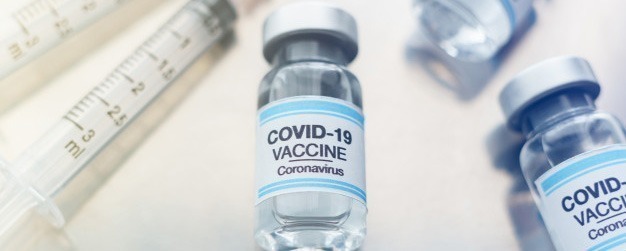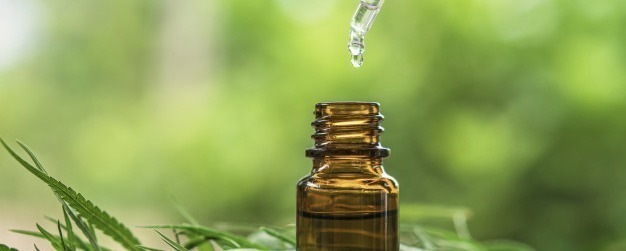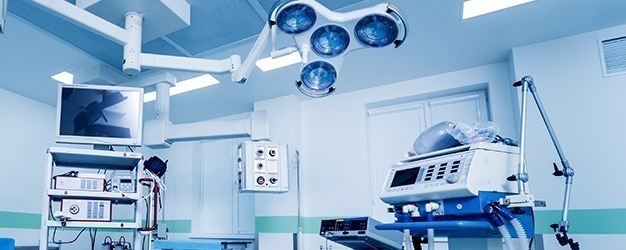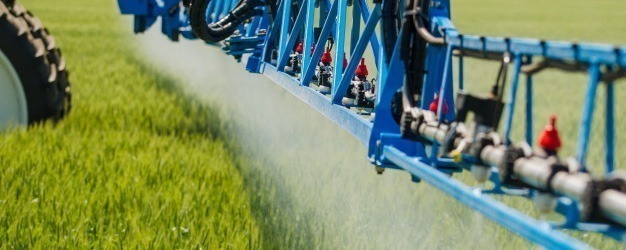
Our Public and Regulatory Law team presents the first edition of the Life Sciences Newsletter, with a compilation of the main news and information of the area.
Demarest’s Public and Regulatory Law team continues to monitor developments in the Life Sciences area, and is available to provide any clarification or further information on these and other topics.
Enjoy your reading!
COVID-19
Senate receives bill of law that facilitates the purchase of vaccines by private companies
In April, the country saw several discussions play out regarding the possibility of private companies to acquire vaccines against Covid-19. The acquisition and distribution of vaccines by a private legal entity was regulated in March by Law No. 14,125/2021 and currently establishes the following rules for acquisition and distribution by private legal entities:
- acquisition of vaccines registered with Brazil’s National Health Regulatory Agency (“ANVISA”) or that obtained emergency, exceptional or temporary authorization;
- all doses purchased must be fully donated to the Unified Health System (“SUS”) and used in the National Immunization Program (“PNI”);
- following vaccination of the priority groups, private companies will be able to purchase vaccines and may distribute and administer half of the vaccines they have acquired, provided that this half is applied free of charge. The other half of the doses must be mandatorily donated to the SUS after the vaccination of the priority groups.
Considering the strict rule and disincentive for the companies to acquire vaccines, given that they must be donated to the SUS, the House of Representatives approved a bill of law (Bill No. 948/2021) to make such rules more flexible and enable the acquisition and administration of vaccines by private companies for their own use. The original text of the Bill has undergone several amendments and, currently, awaits consideration by the Federal Senate, which has so far submitted an amendment to the Bill.
It is expected that, with the final wording of the Bill, its approval and enactment, private companies will achieve greater flexibility and legal certainty in the acquisition, distribution and use of the doses purchased. Indeed, some judicial decisions have been granted to private companies and associations that have been requesting the possibility to acquire vaccines in order administer to their own employees.
Currently, however, much is still being discussed by the National Congress and by the general public regarding the ethical issues around the subject, about prioritizing government purchases with manufacturers in view of possible damages to the PNI due to the scarcity of vaccines already experienced globally, as well as about the civil liability of private companies in situations where, following vaccination, their employees or other persons to whom the vaccines were administered suffered adverse effects.
ANVISA – National Health Regulatory Agency
New cannabis-based products are approved
On April 15, 2021, the National Health Regulatory Agency (ANVISA) approved the importation of two new Cannabis-based products for use in Brazil. The approved products are solutions for oral use based on cannabidiol, with up to 0.2% THC (tetrahydrocannabinol).
The products in question are not classified by ANVISA as medicines, since they were approved under the Resolution of the Collegiate Board No. 327/2019 (“RDC No. 327/2019”) of ANVISA. The RDC is a simplified way that ANVISA has found to regularize Cannabis-based products for medicinal purposes, which provides for the necessary requirements to manufacture, import, sell and prescribe such products in the country.
The regulation in question provides that the trade of Cannabis-based products for medicinal purposes will be carried out exclusively through a prescription of special control, so that the rules will vary for each product. In formulations with THC concentration of up to 0.2%, the product must be prescribed by means of a specific prescription (type B), with numbering provided by the local Health Regulator and prescription renewal within 60 days.
It is also important to mention that the Federal District sanctioned, on April 28, 2021, Law No. 6,839/2021, which aims to promote scientific research in the territory on Cannabis and its derivatives for medicinal use.
The Law establishes the guidelines to be observed in the scope of the activities provided for, among which are: (i) promotion of scientific activities as a strategy for improving comprehensive health care; (ii) promotion and continuity of scientific development processes related to the medicinal use of Cannabis; (iii) reducing the inequality of access to Cannabis-based medicines and products; and (iv) strengthening the operational and scientific capacity of public educational and research institutions, public service agencies – especially health related -, as well as scientific, technological and innovation institutions for activities related to the medicinal use of Cannabis.
From a new perspective, the publication of this Law will stimulate the dissemination of information and studies about Cannabis and, in the long term, as well as subject to normative adjustments at the federal level, will encourage related activities, generating products and lowering production costs, given the current dependence on imports of products derived from Cannabis for medical use. The Law is subject to regulations still to be applied.
In relation to the potential demand for such products in a continental country such as Brazil, few products are available in the domestic market. In order to help companies better understand the regulation of Cannabis-based products for medicinal use in Brazil, the Public and Regulatory Law team of Demarest Advogados is able to provide its clients with comprehensive material that presents an overview of RDC No. 327/2019 and to provide guidance on the subject.
ANVISA – National Health Regulatory Agency
Economic monitoring of medical devices
Resolution of the Board of Directors of ANVISA No. 478/2021 (“RDC No. 478/2021”) came into force this month to provide for the Agency’s economic monitoring of certain medical devices.
The devices selected to be monitored by ANVISA are those provided for in Normative Ruling No. 84/2021 of the Agency. The list in question may be revised as and when the health authority deems necessary, including the addition and exclusion of new medical devices.
The economic monitoring aims to contribute to the reduction of information asymmetry in the market, through: (i) the disclosure of statistics on the price history of the monitored medical devices; (ii) the definition and disclosure of technical attributes of the monitored medical devices; and (iii) the disclosure of other information that ANVISA considers relevant to the reduction of information asymmetry, with the exception of information protected by legal secrecy.
The Resolution also establishes that only medical devices with valid registration with ANVISA can be selected for economic monitoring, and that such devices will be selected according to the following criteria: (i) the financial impact for the SUS; (ii) the financial impact for the supplementary health system; and (iii) the relevance to public health, duly substantiated.
MAPA – Ministry of Agriculture, Livestock and Supply
Updates of the Southern Common Market (Mercosur) phytosanitary standards come into force in May
On May 3, 2021, the update of the phytosanitary requirements for the entry of plant-based products from MERCOSUR countries will come into force. The new rules were published through Ordinance No. 65/2021, issued by the Ministry of Agriculture, Livestock and Supply (“MAPA”).
In accordance with this regulatory update, the products will be able to be classified into five categories according to the possible risks they may present, especially with regard to the possibilities of infestation and/or spread of pests.
The categories will define the obligation of a given product to have phytosanitary certification. These categories are:
- Category 1: products of plant origin that have been processed to the point of no longer having the capacity to be infected/infested by quarantine pests. Products in this category do not require phytosanitary measures and no phytosanitary certification is required with respect to pests that may be present in the products prior to processing.
- Category 2: products of plant origin that have been processed but still present risks of being infected/infested by a specific Products in this category require phytosanitary certification.
- Category 3: products of plant origin that have not been processed and whose use is intended for purposes other than propagation, e.g. consumption or processing. In this case, it is necessary to conduct a Pest Risk Analysis (PRA) to determine the related pest risk, as well as whether phytosanitary certification is required.
- Category 4: products of plant origin which have not been processed and whose use is intended for propagation. A Pest Risk Analysis (PRA) is also required to determine the risks of associated pests, as well as the need for phytosanitary certification.
- Category 5: any other product that does not fall within the above categories and that may present any phytosanitary risk. In this case, phytosanitary certification may or may not be necessary.
Áreas Relacionadas


















